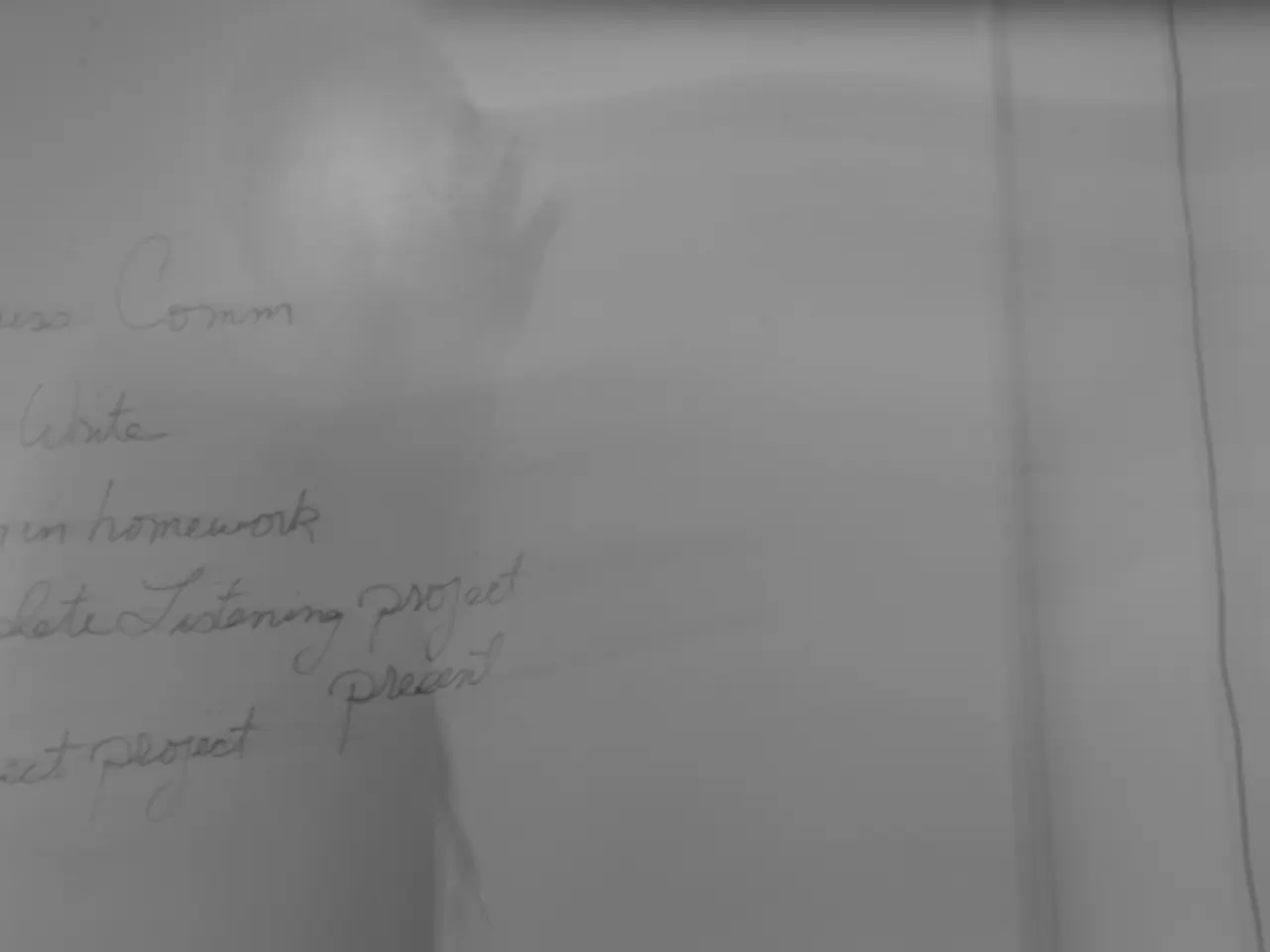Clash Between the Pillars of Democracy's Institutions
The Election Commission of India (ECI) has found itself at the centre of a significant controversy, following an affidavit filed on September 14, 2025. The affidavit, submitted by then Chief Election Commissioner Gyanesh Kumar, claimed exclusive control over the revision of electoral rolls, a move that has been met with criticism and legal challenges.
The affidavit marked a departure from constitutional jurisprudence, unsettling the principle of constitutionalism wherein every organ remains subject to judicial oversight. Critics argue that the ECI's stance violates the doctrine of separation of powers and positions the Commission above scrutiny, an untenable claim in a constitutional democracy.
The case, Association for Democratic Reforms & Ors v. Election Commission of India, is one of the most significant challenges to the electoral process in recent times. The ECI argued that Article 324 of the Constitution confers on it "superintendence, direction and control" over elections and rolls, and that judicial intervention would amount to encroachment. However, this argument has been met with scepticism, with many questioning the Commission's operational methods, which some claim reveal abuse of authority and violation of due process.
The EC's alignment with the ruling party's political agenda and treatment of the Supreme Court as an intruder undermines the very process it is meant to protect. This could potentially reduce elections into a managed ritual serving those in power rather than a genuine expression of the people's will.
In contrast, electoral bodies in mature democracies like the United States, the United Kingdom, and South Africa enjoy operational autonomy but remain subject to judicial scrutiny. In the United States, for instance, courts play a vital role in supervising electoral integrity, even intervening directly in cases such as Bush v. Gore (2000). Similarly, in the United Kingdom, the Electoral Commission operates under continuous judicially enforceable norms, and British courts adjudicate disputes over electoral procedures without hesitation.
South Africa's Independent Electoral Commission, despite its independence, remains subject to the Constitutional Court's jurisdiction in disputes over voter registration and ballot access. This demonstrates that even in independent electoral bodies, a degree of judicial oversight is essential to maintain the integrity of elections.
The EC's claim of immunity from judicial scrutiny has been criticized for eroding credibility and undermining the EC's own stature as an impartial guardian of democracy. The EC's resistance to the Court's supervisory role and its appearance of aligning itself with executive efforts to curb judicial oversight have not gone unnoticed.
The Supreme Court, in response to the controversy, issued interim directions, asking the EC to accept Aadhaar, EPIC, and ration cards as valid documents, and ordering the EC to publish district-wise lists of 65 lakh deleted voters with reasons. These interim directions suggest a continued role for the judiciary in overseeing the electoral process, despite the ECI's assertions to the contrary.
The ongoing case and the controversy it has sparked highlight the importance of maintaining a balance between the powers of the ECI and the judiciary in ensuring free and fair elections. The ECI's actions represent a breach of democratic principle and constitutional oath, risking wrongful disenfranchisement, infringing the right to life and liberty under Article 21, and violating the oath to preserve and defend the Constitution. As the case unfolds, it will be crucial to uphold the principles of constitutionalism and maintain the integrity of India's democratic process.
Read also:
- United States tariffs pose a threat to India, necessitating the recruitment of adept negotiators or strategists, similar to those who had influenced Trump's decisions.
- Weekly happenings in the German Federal Parliament (Bundestag)
- Southwest region's most popular posts, accompanied by an inquiry:
- Discussion between Putin and Trump in Alaska could potentially overshadow Ukraine's concerns








